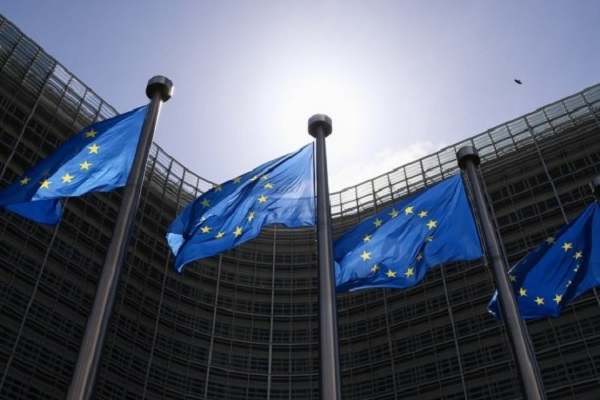Prague, (Asian independent) European Union (EU) energy ministers held an informal meeting here to discuss solutions for high gas prices, preparing for the energy situation this winter, and a possible revision of the electricity market.
Discussions on Wednesday were aimed to define the European Commission’s legislative proposals on joint gas purchases and possible price capping, Xinhua news agency reported, citing a statement issued by the Czech Presidency of the EU after the meeting.
“In the first part of the meeting, we focused on the issue of high gas prices and the search for a quick (…) effective solution. The discussion on this topic is not easy, each country has different conditions, different rules, different interests, but is crucial because we must mitigate the economic impacts,” Czech Minister of Industry and Trade Jozef Sikela said.
“I expect the European Commission will take this discussion into account during the preparation of the legislative proposal on this issue. It should be published by the Commission next week, and I believe that we will be able to discuss it at the formal Energy Council on October 25 in Luxembourg,” he said.
“Afterwards, we will most likely call another extraordinary meeting of energy ministers to seek approval,” he added.
The main elements of the proposal should include a functional platform for joint gas purchases, increasing the transparency of the Title Transfer Facility (TTF) price index, and strengthening its resilience to speculative behavior.
Joint purchases would help the entire 27-member bloc to achieve more favourable bulk prices for natural gas, which would help with soaring costs. This would especially help smaller countries gain market leverage, and could come into effect mid-way through next year.
The ministers also discussed the energy preparedness of individual countries, the entire EU bloc and neighbouring regions ahead of the winter season, as well as the functioning of the European electricity market.
“We also discussed the way the market should be set up so that it can better respond to the current crisis situation and at the same time be prepared for the future energy mix. It will be low-carbon and more based on nuclear and renewable energy sources,” Sikela said.
Inflation in the eurozone rose by 10 per cent in September, a new record high since the launch of the single currency in 1999. Meanwhile, inflation in the Czech Republic in September rose by 18 per cent year-on-year, primarily because of energy prices.








